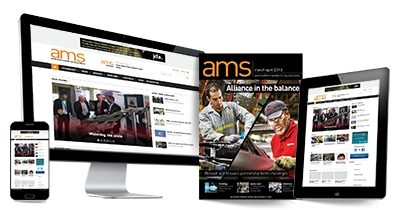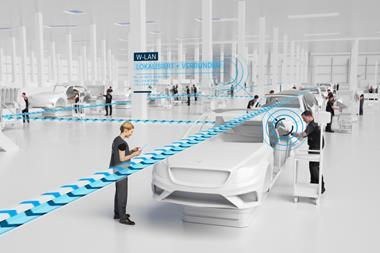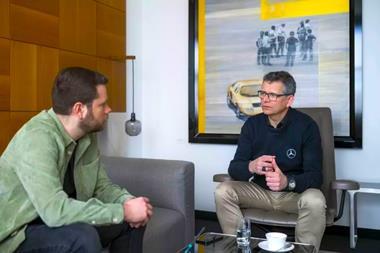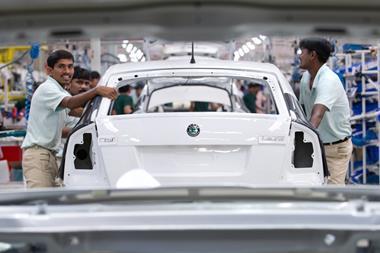Making shopfloor management an asset in the smart factory
By Chris Löwer2021-07-02T16:40:00
No matter how comprehensive the digitalisation and automation, the human factor still drives the modern smart factory. And yet, the intersection of man and machine, the shopfloor management, needs a rethink to become an asset in the data driven production line. Report by Chris Löwer
The smart factory may be highly automated, but on occasion, things will still go wrong and an intervention by staff will be needed to control the disruption and plan ahead. Except, it will be in an environment that is much more complex than it used to be.
This means that even in smart automobile production, shopfloor management (SFM) will remain a central topic for management to optimise process and staff management. Management needs to be in the factory hall, coordinating with the workers if they want to be able to react quickly to issues and improve processes. But for this to be possible, shop floor management needs to be up to date with the requirements of smart production.







































